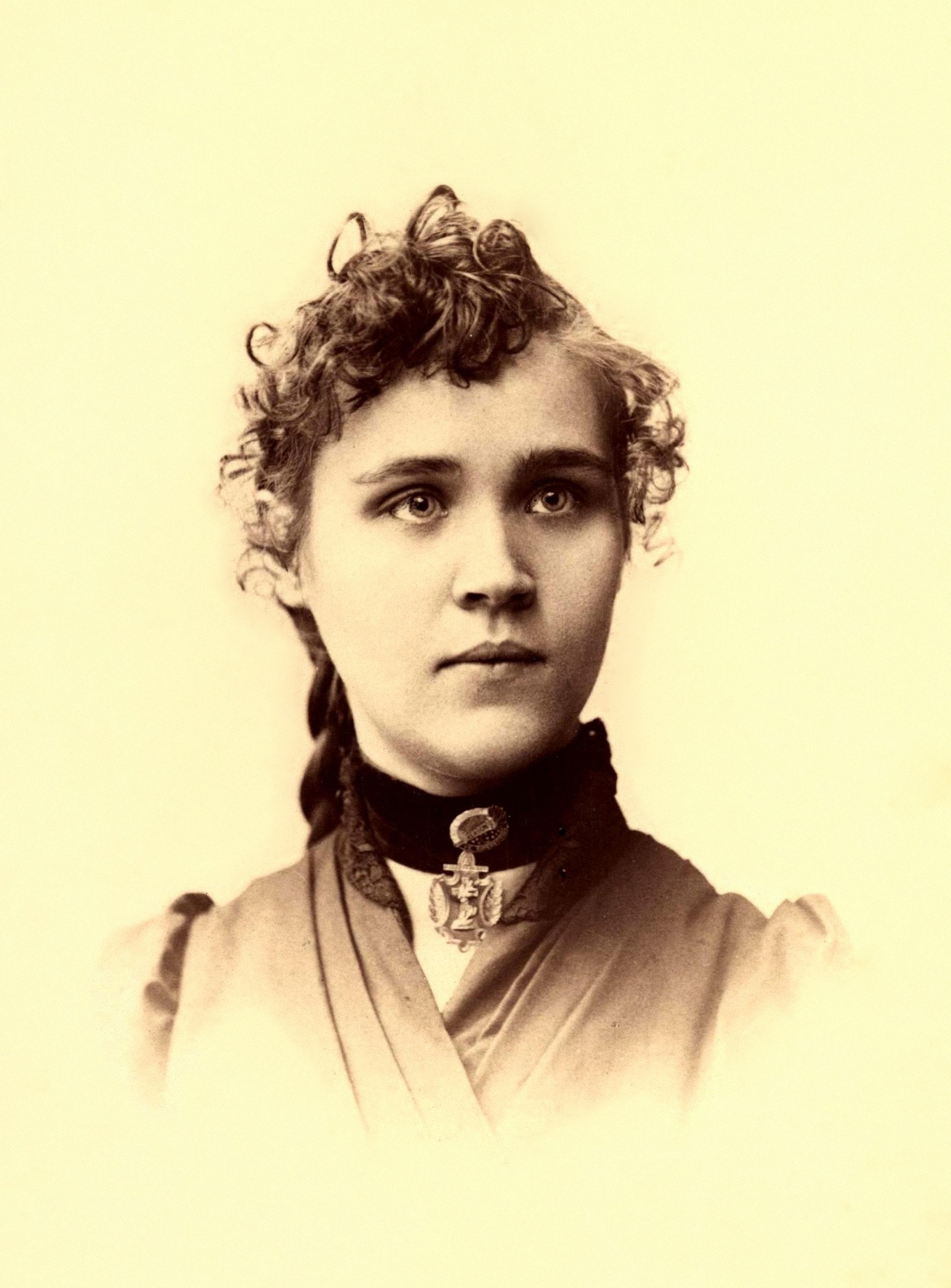Voltairine de Cleyre Quotes
Sex Slavery (1890)
Anarchism & American Traditions (1908)
Anarchism & American Traditions (1908)
Sex Slavery (1890)
The Economic Tendency of Freethought (1890)
Sex Slavery (1890)
And Thou Too (1888)
Sex Slavery (1890)
Direct Action (1912)
“For it must needs that offences come, but woe to him through whom the offence cometh.”
The crimes of the future are the harvests sown of the ruling classes of the present. Woe to the tyrant who shall cause the offense!
Sometimes I dream of this social change. I get a streak of faith in Evolution, and the good in man. I paint a gradual slipping out of the now, to that beautiful then, where there are neither kings, presidents, landlords, national bankers, stockbrokers, railroad magnates, patentright monopolists, or tax and title collectors; where there are no over-stocked markets or hungry children, idle counters and naked creatures, splendor and misery, waste and need. I am told this is farfetched idealism, to paint this happy, povertyless, crimeless, diseaseless world; I have been told I "ought to be behind the bars" for it.
Remarks of that kind rather destroy the white streak of faith. I lose confidence in the slipping process, and am forced to believe that the rulers of the earth are sowing a fearful wind, to reap a most terrible whirlwind. When I look at this poor, bleeding, wounded World, this world that has suffered so long, struggled so much, been scourged so fiercely, thorn-pierced so deeply, crucified so cruelly, I can only shake my head and remember:
The giant is blind, but he's thinking: and his locks are growing, fast.
In the first line presented here de Cleyre quotes an admonition of Jesus Christ, and in the last line, the giant she refers to is the blinded Samson.
The Economic Tendency of Freethought (1890)
